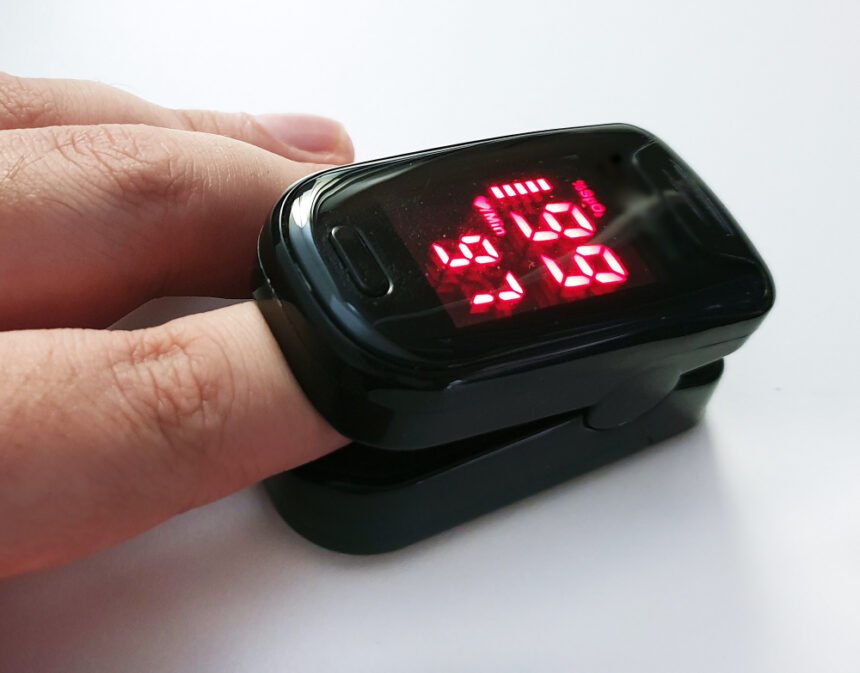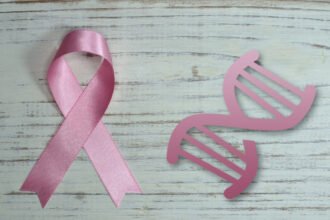Medical sensors have been a key piece of equipment in hospitals for years now, and their importance has only become more exaggerated with the recent Coronavirus outbreak. Sensors can be used for everything from monitoring patients to ensuring the safety of foods, medicines and environmental conditions.
How do sensors work?
Sensors are designed to detect specific processes, and can work in a number of ways to ensure a patient is healthy and stable. They help medical professionals administer the correct treatment, or can manage treatment themselves.
How are sensors used?
There are many, many uses of sensors in the hospital environment, some more common than others.
One of the more popular uses of sensors is in a device called a pulse oximeter, otherwise known as a blood-oxygen monitor. This can monitor the oxygen saturation of a person’s blood, and is usually placed on a part of the body that is fairly thin, like an earlobe or a finger.
The device sends light through the body part it is connected to, where it hits a photodetector. This will then measure the absorbance of oxygen in the blood.
Pulse oximeters can be used in a number of situations in a hospital, such as while a patient is in intensive care, undergoing an operation, or in recovery. Essentially, any time a patient’s blood oxygen is unstable, they may require pulse oximetry.
When medical professionals are aware that a person’s blood oxygen saturation is too high or too low, they can administer the appropriate treatment, such as supplemental oxygen via a ventilator. We can see from this the importance of pulse oximeters for critically ill patients with Coronavirus, many of whom require oxygen while battling the illness.
When sensors may be used
A sensor’s exact use depends on its function. For example, thermometers are a type of sensor, and detect the temperature of a person’s body. Home pregnancy tests are another type of sensor; they change colour based on the presence of certain hormones that indicate pregnancy.
The more complex types of sensors, like pulse oximeters, can be used in emergency medicine, and also for the long-term treatment of patients with chronic respiratory conditions like COPD, and sleep disorders like sleep apnoea. Many of these sensors are portable, and can be used routinely by the patient to check that their blood oxygen levels are as they should be.
Sensors and COVID-19
Without sensors, doctors and nurses would have a much more difficult time treating COVID-19 patients. Oxygen sensors are essential for patients in intensive care who are suffering from pneumonia, a side-effect of the virus which can fill the lungs with mucus, making it more difficult for oxygen to get into the blood.
This means that patients must breathe in a greater quantity of oxygen than normal to be able to survive. A pulse oximeter can be used to detect a patient’s oxygen levels and trigger the ventilator to provide a certain dose of oxygen to provide an adequate supply until the patient recovers.









